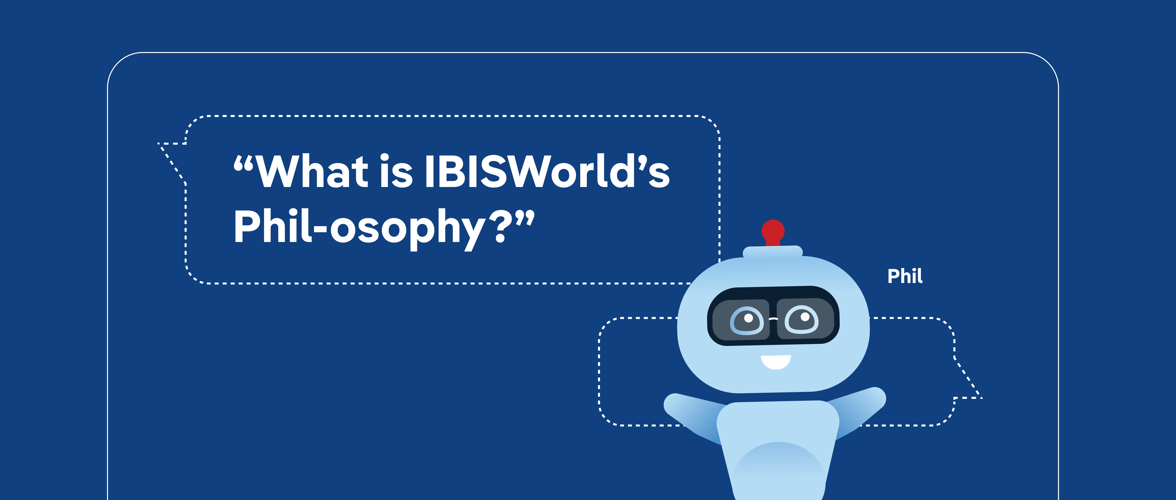Artificial intelligence (AI) involves the simulation of human intelligence through programming machines or creating software to think similar to humans and mimic their actions. In other words, AI research seeks to develop technology that is capable of learning and problem solving the same way that a human would.
Though the idea itself can be traced back to antiquity, AI has become increasingly popular in recent years, with ever-evolving applications across many Canadian industries. To this end, read on for IBISWorld’s evaluation of how two up-and-coming ventures have the potential to affect the operations of different industries in Canada.
AI as a tool for social service provision
In London, ON, a new AI tool called the Chronic Homelessness Artificial Intelligence model (CHAI) analyzes points, such as age, gender, family and shelter history, to assess the chance that a particular individual will become chronically homeless over the next six months. Although London is still contending with how it will employ the platform, many individuals working in social services are optimistic that tangible data will likely prove useful in connecting at-risk populations with the appropriate social service resources. These services are included in the Healthcare and Social Assistance sector in Canada; refer to 62 NAICS code for more information.
The nature of social services may be short term, as in the case of services provided by operators in the Mental Health and Substance Abuse Centers industry in Canada. However, if these services are long term, certain industries, such as the Job Training and Career Counselling industry in Canada, may provide disadvantaged individuals with transferable skills and work experience in a safe, comfortable and managed environment, with an eye toward setting these individuals up for success despite various challenges.
AI as a tool for increasing the accessibility of legal services
Interestingly, AI may also affect the evolution of the technological landscape regarding the Law Firms industry in Canada by appealing directly to one of its key market segments. In 2020, households and individual consumers are projected to account for 31.6% of industry services. However, depending on circumstance, it can often be difficult for a person to determine when and how to seek industry services, especially since many legal matters are sensitive in nature. Accordingly, Canada’s Federal Department of Justice has partnered with a tech company in Montreal called Botler AI to launch a new AI web tool that advises victims of harassment and misconduct.
Technology change as an opportunity
This service, also known as Botler AI, consists of a free app that connects victims of harassment with legal aid resources. The initiative comprises a small part of a broader initiative worth $50.0 million and enacted by the Canadian federal government to address sexual harassment and workplace-related misconduct countrywide. By using AI and assessing the details of a confidentially reported incident, the app identifies whether any misconduct occurred; if it has, the user is given an easily digestible breakdown of their rights before receiving further resources for legal recourse.
At the time of writing, Botler AI has yet to fully launch. Nevertheless, this service may serve as an example of technological change that compliments the development of an industry rather than posing a threat to it. Importantly, users of this service are not expected to be discouraged from seeking out the assistance of traditional law firms. At its core, Botler AI’s mission is to aggregate resources that may be seen as intimidating into a user-friendly platform that makes the process of seeking legal help as accessible as possible. Thus, while critics of AI claim that it may threaten the established operations of some Canadian industries, AI may also possesses untapped potential to ultimately change how an industry interacts with its downstream consumers for the better by increasing access to social and legal services.






